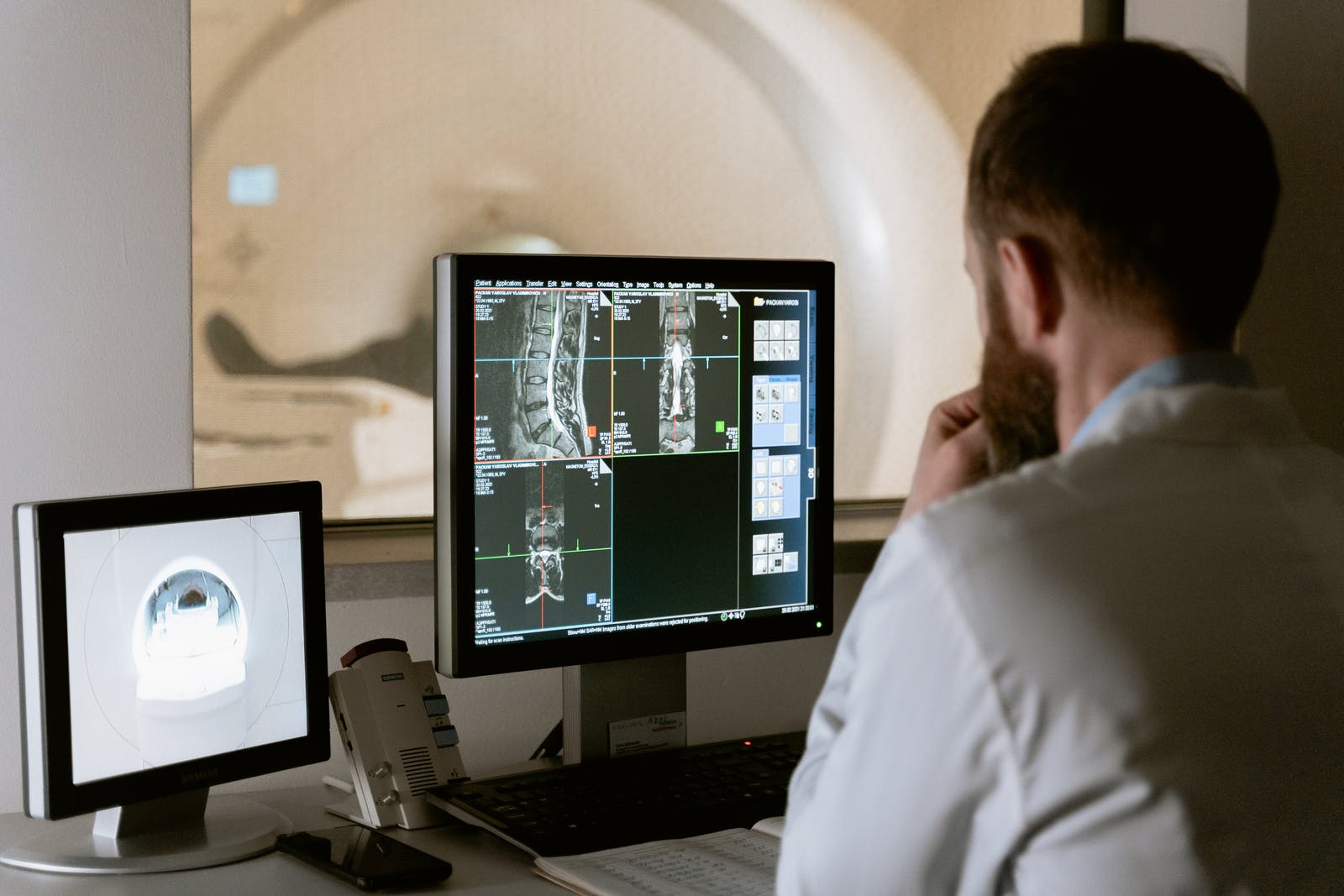Machine Learning Model Uses MRI Data to Identify Candidates for Liver Transplant
Posted on 22 Aug 2022
Post-treatment recurrence is an unpredictable complication after liver transplant for hepatocellular carcinoma (HCC) that is associated with poor survival. Biomarkers are needed to estimate recurrence risk before organ allocation. A new study has found that machine learning (ML) models applied to presently underutilized imaging features could help construct more reliable criteria for organ allocation and liver transplant eligibility.
In the proof-of-concept study, researchers at Yale University School of Medicine (New Haven, CT, USA) evaluated the use of ML to predict recurrence from pretreatment laboratory, clinical, and MRI data in patients with early-stage HCC initially eligible for liver transplant. The study included 120 patients (88 men, 32 women; median age, 60 years) diagnosed with early-stage HCC between June 2005 and March 2018, who were initially eligible for liver transplant and underwent treatment by transplant, resection, or thermal ablation. Patients underwent pretreatment MRI and post-treatment imaging surveillance, and imaging features were extracted from post-contrast phases of pretreatment MRI examinations using a pre-trained convolutional neural network (VGG-16). Pretreatment clinical characteristics (including laboratory data) and extracted imaging features were integrated to develop three ML models - clinical, imaging, combined - for recurrence prediction within 1-6 years post-treatment.

Ultimately, all three models predicted post-treatment recurrence for early-stage HCC from pretreatment clinical (AUC 0.60–0.78, across all six time frames), MRI (AUC 0.71–0.85), and both data combined (AUC 0.62–0.86). Using imaging data as the sole model input yielded higher predictive performance than clinical data alone; however, combining both data types did not significantly improve performance over use of imaging data alone.
“The findings suggest that machine learning-based models can predict recurrence before therapy allocation in patients with early-stage HCC initially eligible for liver transplant,” wrote corresponding author Julius Chapiro from the department of radiology and biomedical imaging at Yale University School of Medicine.
Related Links:
Yale University School of Medicine














